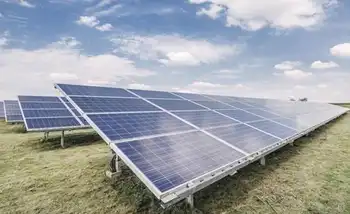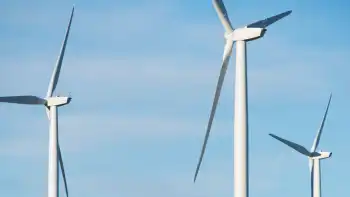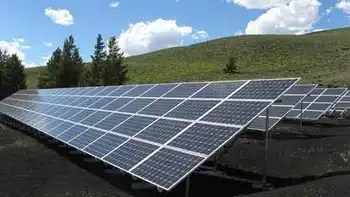Court OKs monitoring of grow-op power usage
By Toronto Star
Protective Relay Training - Basic
Our customized live online or in‑person group training can be delivered to your staff at your location.

- Live Online
- 12 hours Instructor-led
- Group Training Available
The high court restored the conviction of Daniel Gomboc, a Calgary man found guilty of running a marijuana grow op in 2004, in a 7-to-2 ruling that overturned an Alberta Court of Appeal judgment ordering a new trial.
The provincial appeal court threw out the guilty verdict on the grounds that police violated GombocÂ’s privacy rights when they asked the local utility company, without a warrant, to install a digital recording ammeter device to monitor his power consumption.
The recorder produced a consumption graph indicative of the power cycles typically seen in a grow-op, which the police then used to obtain a warrant. Upon entering the house, they seized more than 165 kilograms of marijuana. Gomboc was convicted of production of marijuana and possession with intent to traffic.
The Supreme Court ruling restored the conviction, but without a clear set of reasons, in keeping with standard practice.
Four justices said the monitoring device wasnÂ’t an invasion of privacy. Three said it was probably an invasion, except for a quirk of AlbertaÂ’s utility regulations.
The remaining two — Chief Justice Beverley McLachlin and Justice Morris Fish — disagreed strenuously.
They called the case “an incremental but ominous step toward the erosion of the right to privacy” in the Charter of Rights.
“When we subscribe for public services, we do not authorize the police to conscript the utilities concerned to enter our homes, physically or electronically, for the purpose of pursuing their criminal investigations without prior judicial authorization.”
The regulation in question allows a utility to supply consumption data to a police investigation unless the customer specifically asks that the records be kept confidential. Gomboc had made no such request to Enmax, his electricity supplier.
Writing for the four, Justice Marie Deschamps said the use of the recording device was not an unreasonable invasion of privacy, and so did not require a warrant.
“It reveals nothing about the intimate or core personal activities of the occupants,” Dechamps wrote. “It reveals nothing but one particular piece of information: the consumption of electricity.”
Dechamps cited precedents that found people canÂ’t expect privacy to cover the garbage pail at the curb and that using an infrared device to look at heat patterns in a house doesnÂ’t violate privacy rights.
“Disclosing information about energy consumption is not invasive nor revelatory of the respondent’s private life.”
Justice Rosalie Abella, writing for the three justices, disagreed with Deschamps, arguing that the device did reveal information about activity inside the home.
“The information is, therefore, personal information,” Abella wrote.
However, she said the provincial utility regulation was the key to the case because it specifically allowed Enmax to make consumption data available to police unless the customer objected.
“The fact that the customer can request that his or her information be protected means essentially that under this regulation, the customer is presented with the unrestricted ability to control the expectation of privacy in his or her relationship with Enmax,” she wrote.
“A request by a customer to prohibit disclosure of customer information revokes the legislative authority for its disclosure. Mr. Gomboc made no such request, yet urges the court to treat his expectation of privacy as if he had.”











